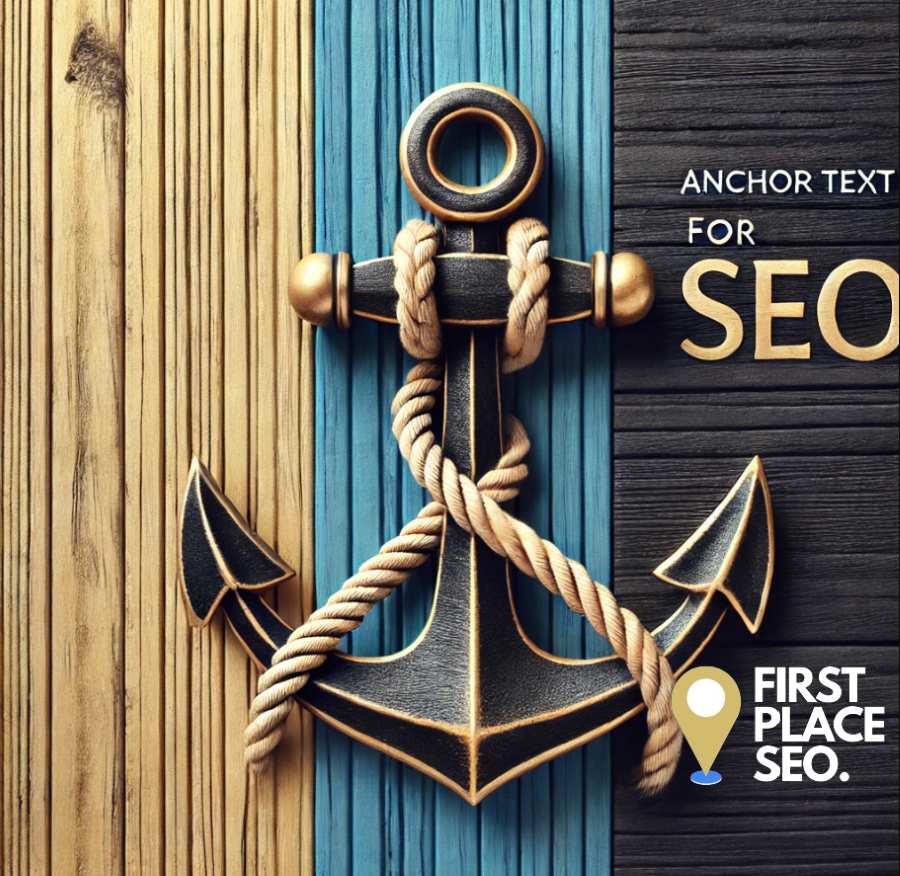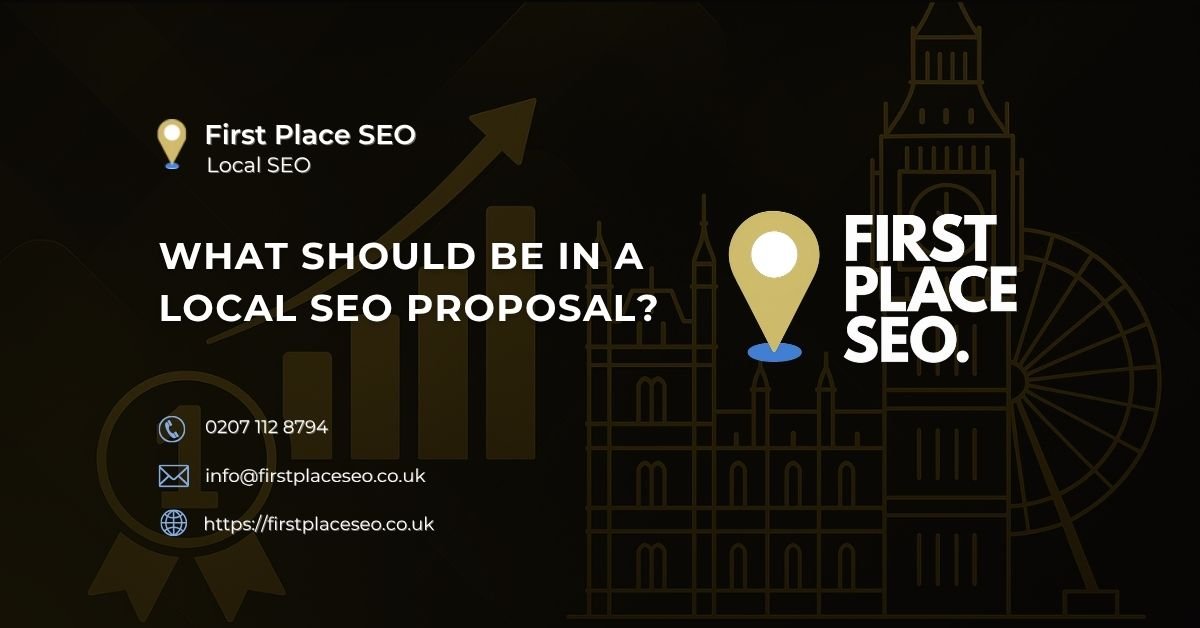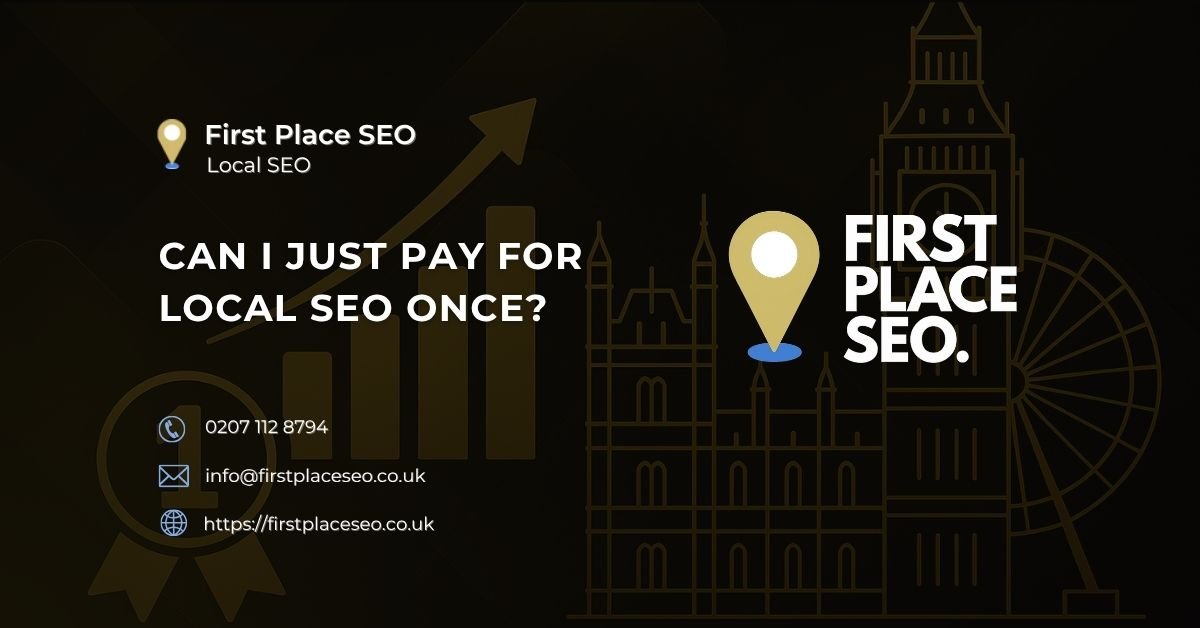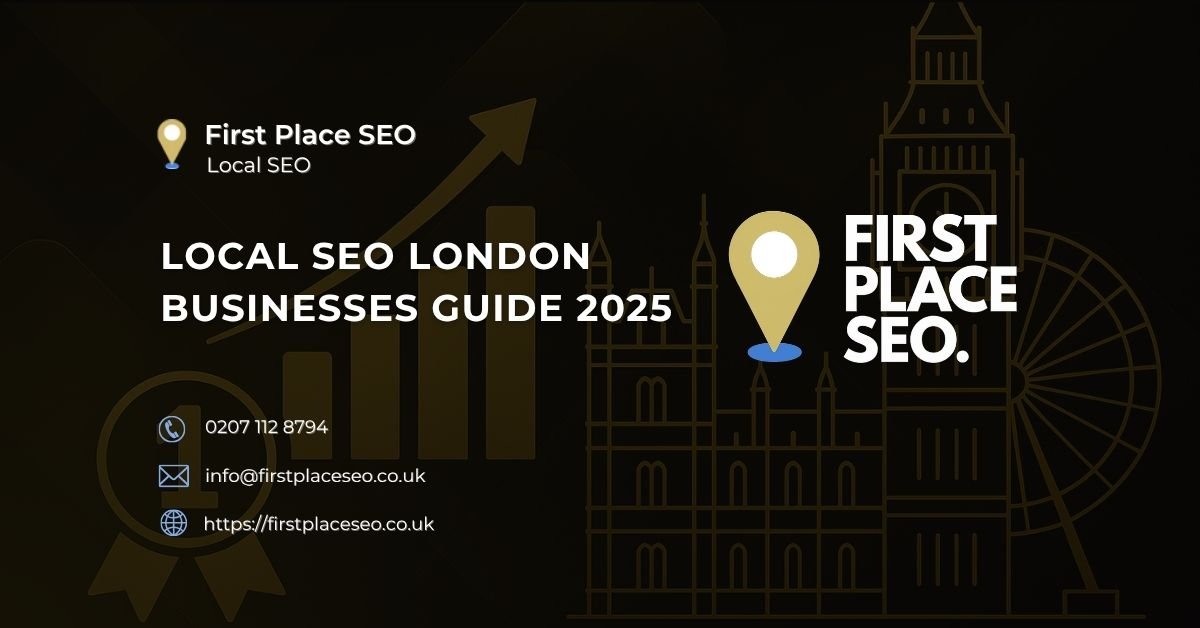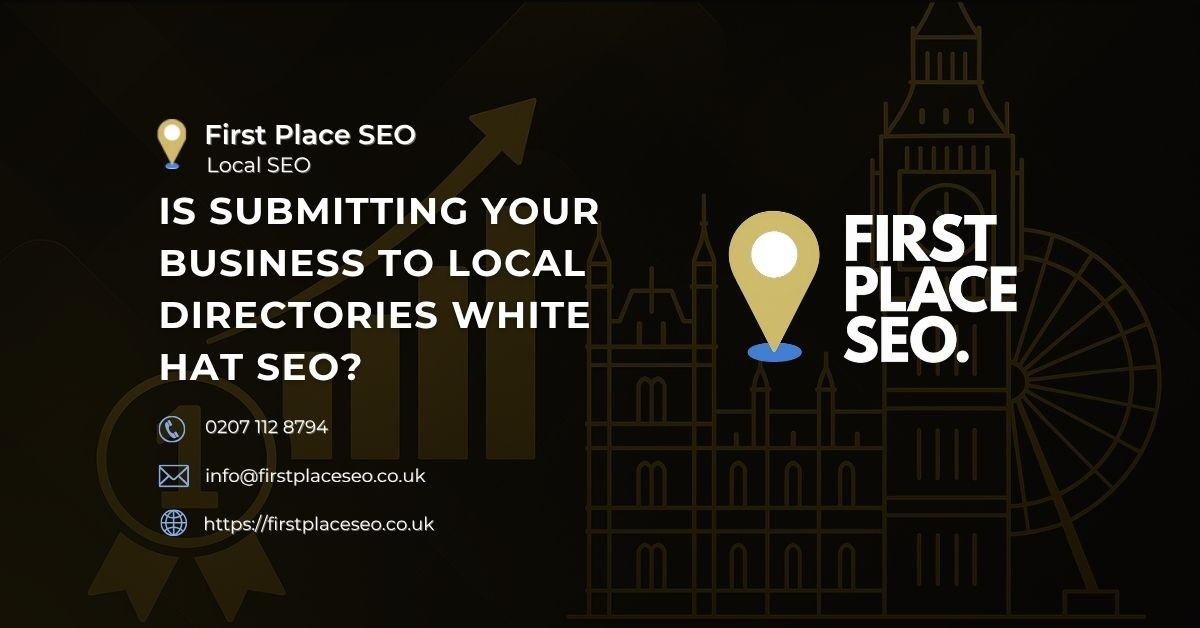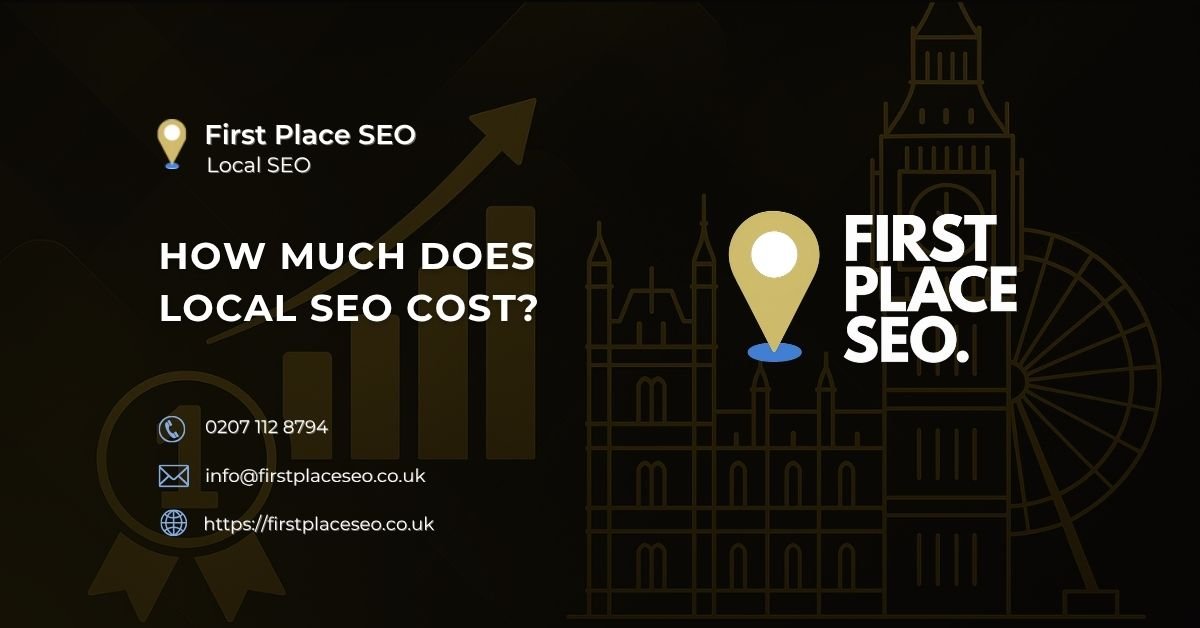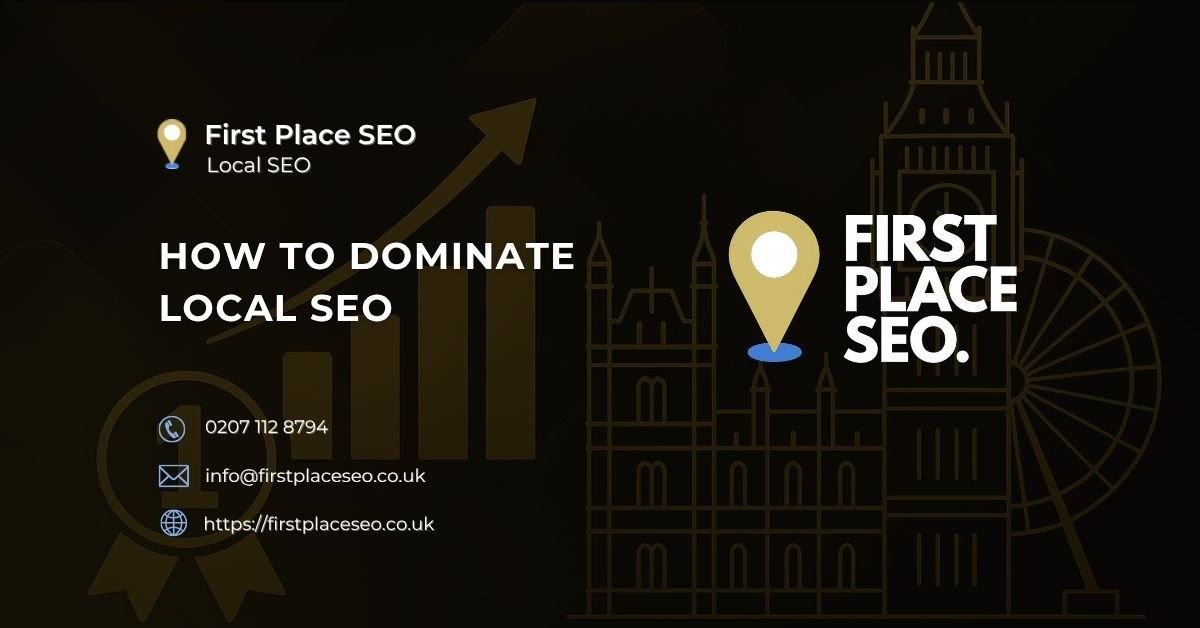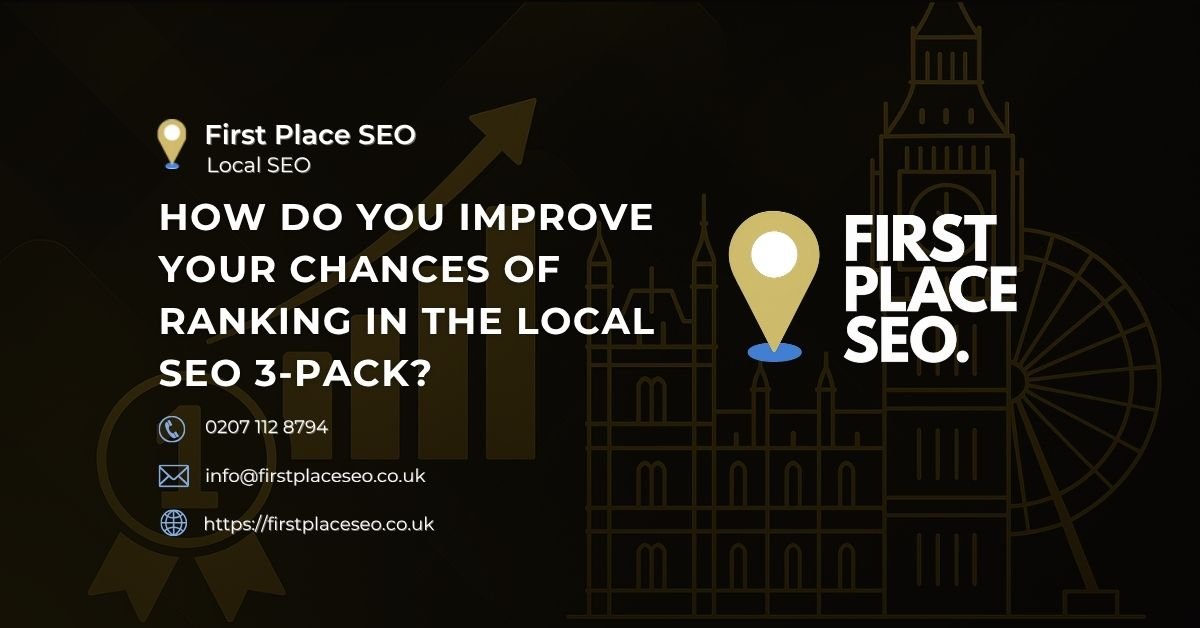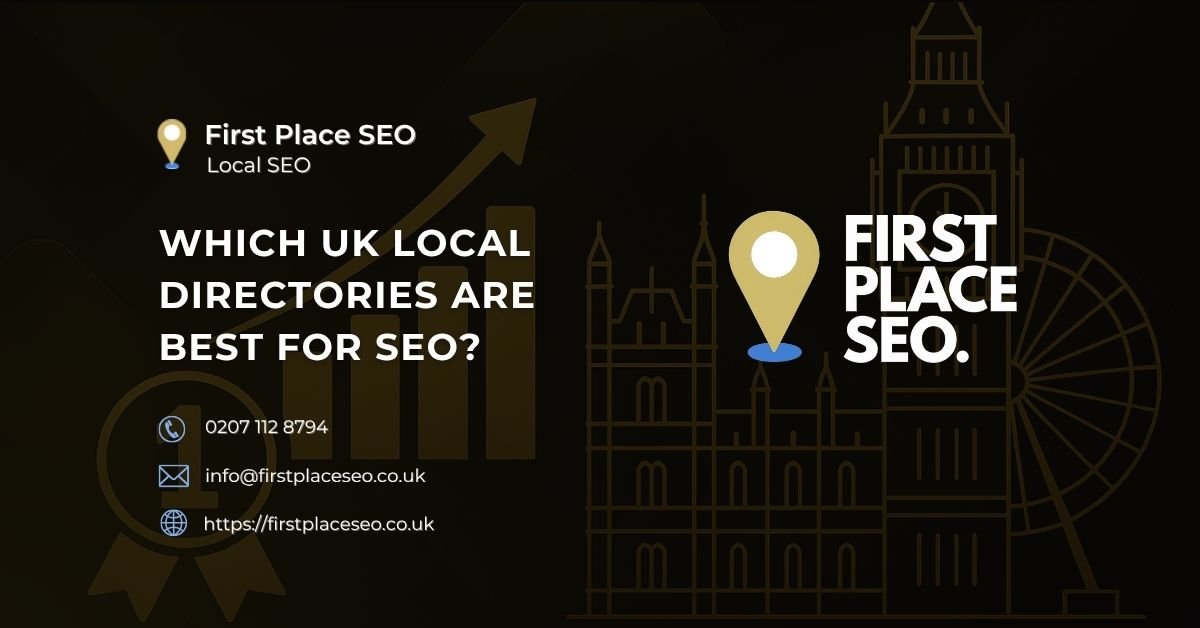How To Use Anchor Text For SEO
What is Anchor Text?
As someone who’s been working in SEO for years, I can tell you that anchor text is a small detail that makes a big difference. Anchor text is the clickable, visible text in a hyperlink that users see on a webpage. When you click on it, it takes you to another page. This text is crucial for SEO because it helps search engines understand what the linked page is about. The clearer your anchor text, the better your SEO results can be.
For example, if I link to a page about “best coffee shops in London” using the anchor text “Click here,” it doesn’t tell search engines anything about the page’s content. Instead, using “top London coffee shops” gives clear context and boosts SEO.
Types of Anchor Text
Exact-match Anchor Text: This uses the exact keyword or phrase you’re targeting. If your page is about ‘Affordable Yoga Classes,’ using ‘Affordable Yoga Classes’ as your anchor text is an exact match.
Partial-match Anchor Text: This includes the keyword with some extra text. For example, ‘Find affordable yoga classes near you’ still includes your target keyword but adds more context.
Branded Links: These include your brand or company name. If your company is ‘YogaFlex,’ then ‘YogaFlex’ as anchor text is a branded link.
Generic Links: These are non-descriptive phrases like “click here” or “learn more.” While useful for calls to action, they don’t add SEO value because they don’t describe the linked content.
Naked URLs: This is when you use the actual URL as the anchor text, like ‘www.yogaflex.com.’ It’s less descriptive but can be useful in certain contexts like forums or technical documents.
How To Use Anchor Text Effectively For SEO
To make the most of your anchor text, think about the content of the target page and describe it clearly in a few words. This helps with SEO and improves the user experience by setting the right expectations.
For instance, if I’m writing about SEO strategies and want to link to a page about keyword optimisation, I might use the anchor text “how to optimise keywords for SEO.” This clearly describes the linked page and includes relevant keywords.
The goal is not just to improve your rankings but also to make your links useful and relevant to your readers. This helps search engines see your content as valuable, boosting your site’s credibility and authority.
Best Practices for Anchor Text Optimisation
Integrating Keyword Optimisation in Link Text
From my years of experience in SEO, I’ve learned that using keywords thoughtfully in your anchor text is essential. However, it’s important to avoid overdoing it because search engines can penalise sites that over-optimise. The key is to be natural and relevant.
Imagine your website sells garden tools, and you’re writing a blog about gardening tips. Instead of just linking to a product page with the anchor text “click here,” you could use “durable garden spades.” This anchor text is relevant, informative, and helps search engines understand what the linked page is about.
Here are a few tips I always follow:
Match the Anchor Text to the Content: Ensure that your anchor text accurately reflects the page it links to. Misleading anchor text can frustrate users and harm your site’s credibility.
Diversify Your Anchor Text: Using the same anchor text repeatedly can look manipulative to search engines. Try varying your phrases while keeping them relevant. For example, besides “durable garden spades,” you could use “high-quality spades for gardening” or “top garden spade recommendations.”
Use Descriptive Phrases: Instead of generic terms like “click here,” opt for descriptive links that include keywords naturally. This not only helps with SEO but also improves accessibility for people using screen readers.
The Role of Link Diversity and Contextual Links
Creating a diverse link profile is necessary for a strong SEO strategy. This includes a mix of internal and external links, using different types of anchor text (exact, partial, branded, etc.), and linking to various kinds of content (blogs, products, services, etc.).
Contextual links are particularly effective because they are embedded within the content and provide direct relevance to the surrounding text. For example, if I mention a specific gardening technique in a blog, I would link to a related product or a detailed guide on that technique using appropriate anchor text.
Here’s what I’ve found works best:
Ensure Relevance: The more relevant the link is to the content, the better it will perform in terms of SEO. Users are more likely to click on a link that seems like a natural part of the content they are already interested in.
Position Links Strategically: Links placed within the main body of a text often perform better than those at the end or in the sidebar. Position your links where they are most likely to be useful and relevant to your readers.
Balance is Key: While it’s important to include useful links, overloading a page with too many links can overwhelm readers and dilute the value of each link. Aim for a balance where each link adds real value.
By following these guidelines, you can optimise your anchor text for better search engine rankings and user experience. Effective anchor text leads to a more coherent, navigable, and professional-looking website, which is essential for maintaining both user engagement and trust.
Advanced Hyperlinking Tactics for SEO Strategy
Internal Links vs. External Links: Strengthening Site Architecture
In my experience, both internal and external links play vital roles in a solid SEO strategy. Internal links go from one page on your website to another, while external links point to different domains. Using these links strategically can improve your site’s architecture and user experience.
Internal Links:
Improve Usability Through Intelligent Navigation: Internal links help users find relevant information easily. For example, if I’m writing about rose care and mention pruning, I might link to a detailed guide on pruning roses on my site.
Boost Page Views and Time on Site: By providing internal links, you encourage visitors to explore your site further, increasing the time they spend on your site, which can positively influence your SEO rankings.
Distribute ‘Link Juice’: Internal links pass SEO value from one page to another. Properly distributing this ‘link juice’ can help improve the ranking potential of other pages on your site.
External Links:
Link to Relevant, Authoritative Sources: Ensure that the external links on your site go to credible sources that enhance the information you provide. This not only builds trust with your readers but also tells search engines that you value quality content.
Use No-Follow When Appropriate: When linking to sites that you do not want to endorse, perhaps in the case of paid links or content you are less certain about, use the ‘nofollow’ attribute. This tells search engines not to pass on link equity.
Update Regularly: External sites can change over time, which might affect the relevance and trustworthiness of your links. Regular audits of your external links can ensure they are still valid and relevant.
Outgoing Links: Extending Your Site’s Relevance and Authority
Outgoing links, when used wisely, can significantly boost the perceived quality of your content. They offer additional reading or resources, enhancing user experience and benefiting SEO.
Link Out Sparingly: While it’s good to reference external sources, too many outbound links can lead to a poor user experience and dilute your page’s authority.
Anchor Text Matters: Ensure the anchor text for outgoing links is relevant to the content they link to. This helps with SEO and aids users in knowing what to expect if they click a link.
Monitor Outbound Links: Regularly check the sites you link to ensure they haven’t turned into spammy or irrelevant content. Linking to poor-quality sites can harm your site’s ranking.
By carefully managing both your internal and external linking strategies, you create a stronger network of content that is helpful for users and beneficial for your SEO performance. Remember, a thoughtful approach to hyperlinking not only guides your visitors efficiently but also boosts your credibility and authority with both users and search engines.
Hyperlink Strategy for Enhanced SERP Performance
Utilising Anchor Tags and Keywords for Maximum SEO Impact
From my years in SEO, I’ve found that using anchor tags and keywords effectively within your hyperlink strategy is essential. Anchor tags are not just about improving user navigation—they also provide context to search engines about the content of the linked page.
Here’s how I optimise my use of anchor tags and keywords:
Incorporate Relevant Keywords: When creating anchor text for hyperlinks, I always include relevant keywords that help define the linked page. This practice helps search engines understand the content better, improving your rankings for those keywords.
Avoid Over-Optimisation: It’s crucial to include keywords in your anchor text, but stuffing your anchor text with keywords can appear manipulative to search engines, leading to penalties. I strive for natural-sounding anchor text that fits within the context of my content.
Match Anchor Text to Target Page Content: The anchor text should accurately reflect the content on the linked page. This not only helps with SEO but also ensures that visitors have a good user experience, as they get what they expect when they click a link.
Evaluating and Adjusting Your Anchor Text Strategy
To maintain an effective hyperlink strategy, regular evaluation and adjustment of your anchor text distribution are crucial. This ensures that your site adapts to changes in search engine algorithms and continues to perform well in search engine results pages (SERPs).
Conduct Regular Audits: I regularly review my site’s anchor text profile to ensure it remains diverse and appropriately optimised. Tools like Ahrefs or SEMrush provide comprehensive insights into anchor text distribution, highlighting overused or underused patterns.
Adjust Based on Performance: I use analytics to determine how different types of anchor text perform in terms of traffic and rankings. If certain pages or links underperform, I consider changing the anchor text to better target keywords or make them more descriptive and user-friendly.
Stay Updated with SEO Trends: SEO is always changing. Staying informed about the latest trends and updates in search engine algorithms helps me adjust my strategies in time to maintain or improve rankings.
Leveraging Link Diversity
A key aspect of a sophisticated hyperlink strategy is link diversity, which means having a variety of internal and external links that include different types of anchor text.
Balance Internal and External Links: I ensure a healthy balance between internal and external links to provide maximum value to my users and optimise my site’s SEO performance.
Vary Anchor Text Types: I mix different types of anchor text—branded, exact match, partial match, and generic. This not only helps avoid penalties associated with anchor text over-optimisation but also caters to a broader audience and different search intents.
Monitor Link Health: Regularly checking that all links are working and lead to relevant, high-quality content is important. Broken links or links leading to irrelevant or low-quality content can harm your site’s credibility and SEO.
By carefully planning, regularly evaluating, and diligently adjusting your hyperlink strategy, you can enhance your site’s authority and improve its performance in search engine results pages. Effective hyperlinking is about more than just SEO; it’s about providing a better user experience and presenting your site as a reliable resource, which ultimately leads to higher engagement and conversions.
Enhancing Your Web Page Optimisation Through Strategic Hyperlinking
Implementing a Thoughtful Hyperlink Strategy
In my years working with SEO, I’ve seen firsthand how a well-planned hyperlink strategy can make a significant difference. The right links can improve your site’s search performance and make it more user-friendly.
Summarising Key Strategies for Effective Hyperlinking:
Use Descriptive Anchor Text: Always opt for anchor text that provides a clear and accurate description of the linked page’s content. This improves both user experience and search engine understanding, leading to better rankings and user satisfaction.
Maintain Link Relevance and Quality: Link only to content that adds value and is relevant to the context of your current content. High-quality external links are seen as endorsements, enhancing your site’s credibility and authority.
Monitor and Optimise Link Performance: Regularly review your link structure and performance analytics. Identify patterns that succeed and areas that need improvement. Adjusting your strategy based on data-driven insights can significantly improve your site’s SEO.
Stay Updated with SEO Best Practices: Search engine algorithms are continuously evolving. Keeping abreast of the latest guidelines and adapting your strategies accordingly is essential for maintaining and enhancing your site’s visibility and ranking.
Balance Anchor Text Diversity: A mix of exact match, partial match, branded, and generic anchor text can protect your site from penalties related to over-optimisation while catering to various user intents and search behaviours.
Final Thoughts
Effective hyperlinking isn’t just a technical SEO task; it’s a strategic component of content creation that directly impacts user engagement, site authority, and ultimately, conversion rates. By prioritising the quality of both internal and external links and continuously refining your strategies, you can build a more robust, user-friendly, and search-optimised website.
Remember, the ultimate goal of hyperlinking is to provide value to your users, guiding them naturally through your website’s content and towards the actions you want them to take. Each link is a point of connection and an opportunity to enhance the trust and authority of your site. By implementing the strategies discussed, you’re well on your way to improving both your website’s performance and your audience’s experience.
Frequently Asked Questions
What is anchor text? Anchor text is the clickable, visible text in a hyperlink that users see on a webpage. It’s important for SEO because it helps search engines understand what the linked page is about.
How does anchor text impact SEO? Clear and relevant anchor text helps search engines understand the content of the linked page, which can improve your page’s ranking in search results. It also sets the right expectations for users.
What are the different types of anchor text? There are several types, including exact-match (using the exact keyword), partial-match (including the keyword with additional text), branded (using your brand name), generic (non-descriptive phrases), and naked URLs (using the actual URL).
Why is link diversity important? Link diversity, including a mix of internal and external links and various types of anchor text, helps avoid penalties for over-optimisation and caters to different user intents and search behaviours.
How often should I review my link strategy? Regularly. Conduct audits to ensure your links are relevant and high-quality, and adjust your strategy based on performance analytics and the latest SEO trends.
What should I do if a linked page changes or becomes irrelevant? Update or remove the link. Regularly checking your links ensures they remain relevant and valuable to your readers, maintaining your site’s credibility and SEO performance.
By following these tips and strategies, you can create a hyperlink strategy that not only boosts your SEO performance but also enhances the user experience on your website. Happy linking!
